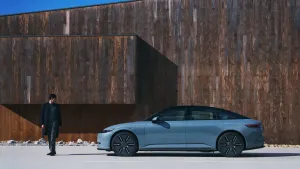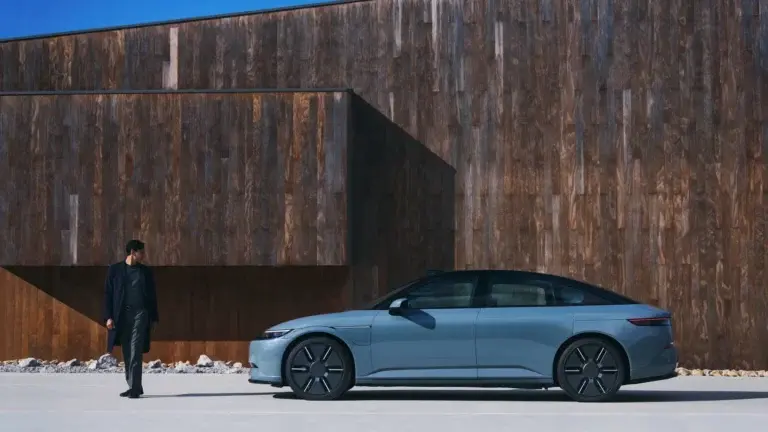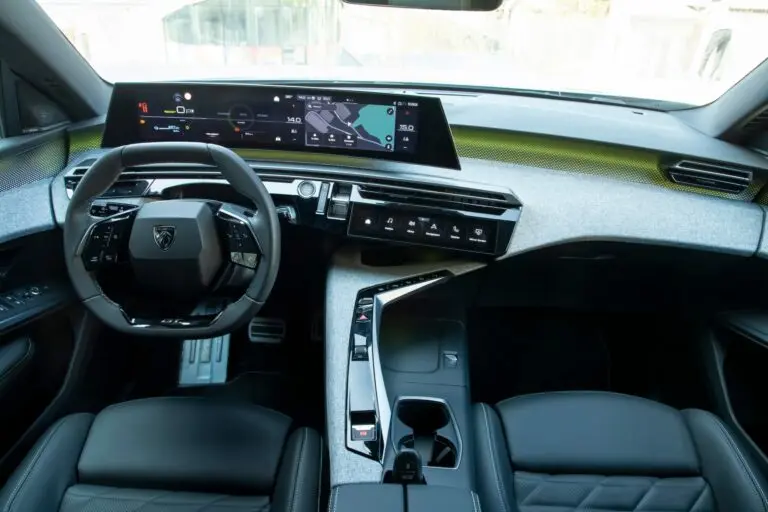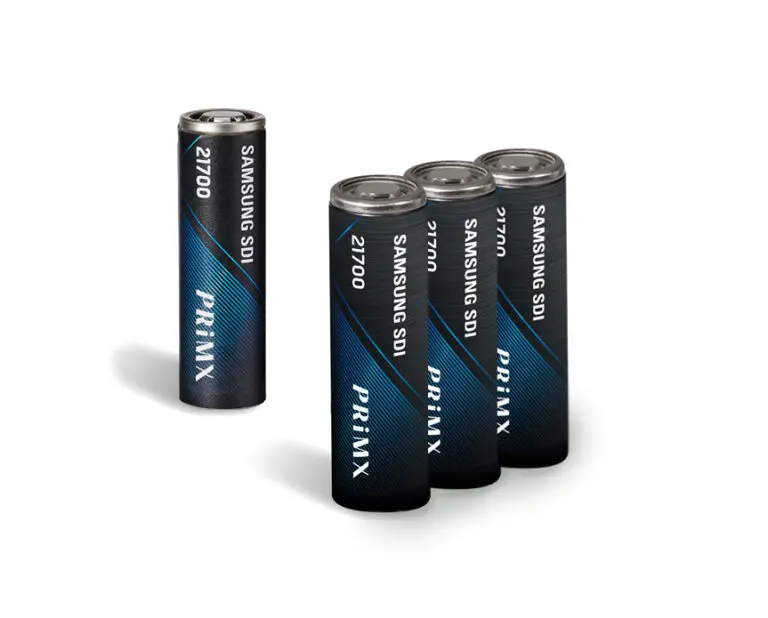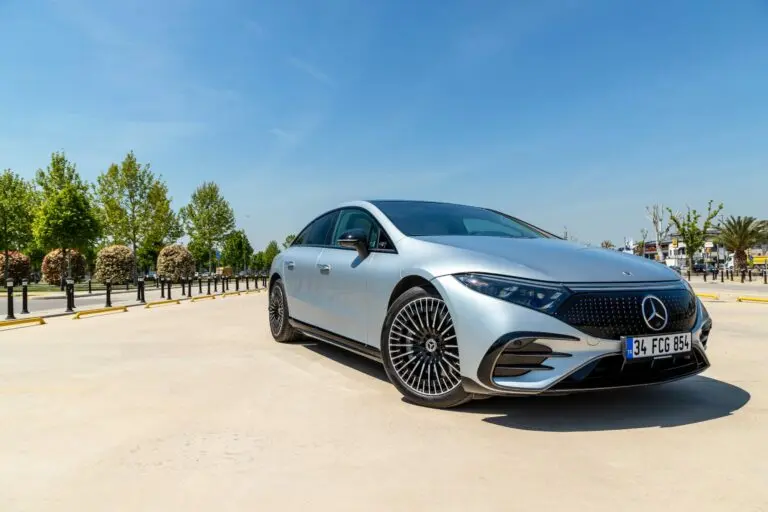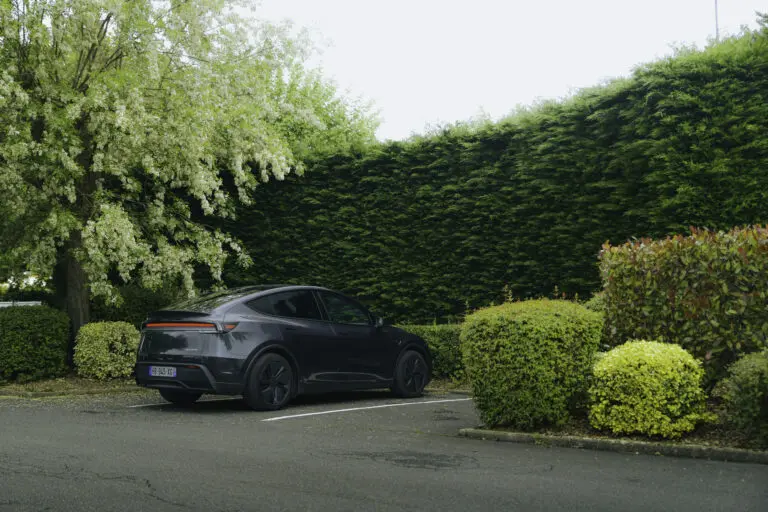Sony is leaving the show floor to take to the pavement – a major first for the renowned tech brand. After Xiaomi’s arrival on the market with its YU 7 and SU7 Ultra, it’s Sony’s turn. The Japanese brand, historically known for its televisions, consoles and cameras, is taking an unprecedented step into the automotive sector. It is now entering the pre-production phase of the Afeela 1, its first 100% electric car.
Designed and built in partnership with Honda, assembly of the model began on Wednesday 30 July 2025. It will take place at Honda’s East Liberty plant in Ohio, USA. This is a decisive step in making the project a reality.
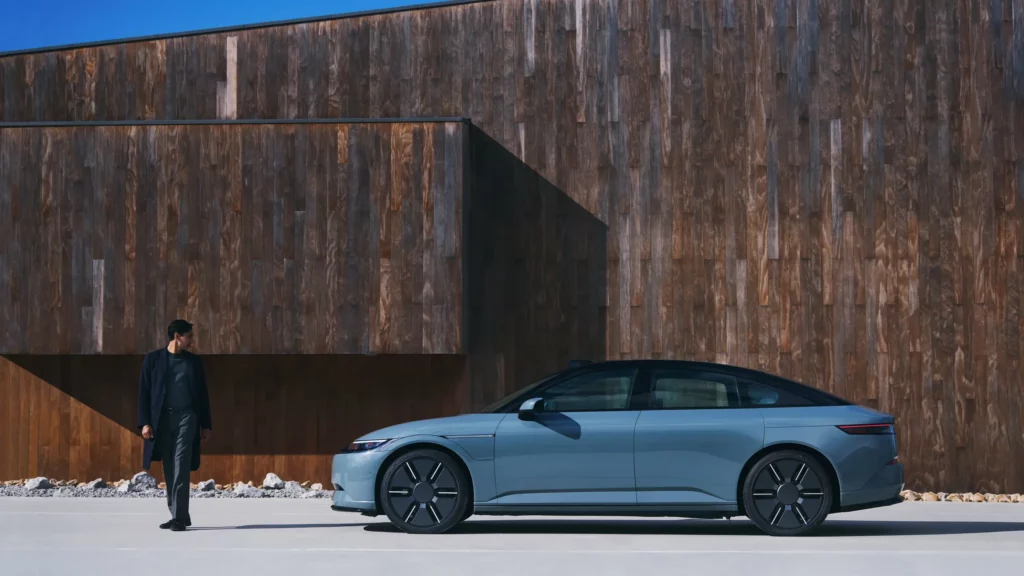
Presented in prototype form at CES in Vegas in 2023, and then in a near-complete version in January 2025, the Afeela 1 was until then no more than a « promising concept ». It is now becoming a concrete industrial product in the making, with deliveries scheduled from mid-2026 for the first American customers.
A strategic turning point for Sony
This is the first time that Sony has entered the automotive industry in such a concrete way. And it’s no mean feat. The company is bringing to this project its expertise in key areas: sensors, on-board software, interfaces, AI – everything that is shaping the future of the connected car today. The Afeela 1 is as much a saloon car as a digital terminal on wheels. With screens all over the dashboard, facial recognition at the entrance, high-level in-car entertainment and cutting-edge driver assistance systems, technology is not just an add-on, it’s at the heart of the project.
Where are we now?
This entry into pre-production is much more than a simple test phase. In this pivotal phase, the engineers go through every stage of assembly with a fine-tooth comb. They check the fit of the parts, the quality of the materials, the precision of the welds and the robot chains. This is when we check that what has been designed on screen can actually be mass-produced, without a hitch or error. In concrete terms, we move from theory to practice. We test the vehicle, but above all we test the factory itself. Because a car as technologically advanced as the Afeela cannot tolerate any approximations. Pre-production allows us to correct any remaining faults. It also serves to fine-tune industrial processes and anticipate sticking points before the launch. In short, this is the stage that transforms a concept into a reliable product.
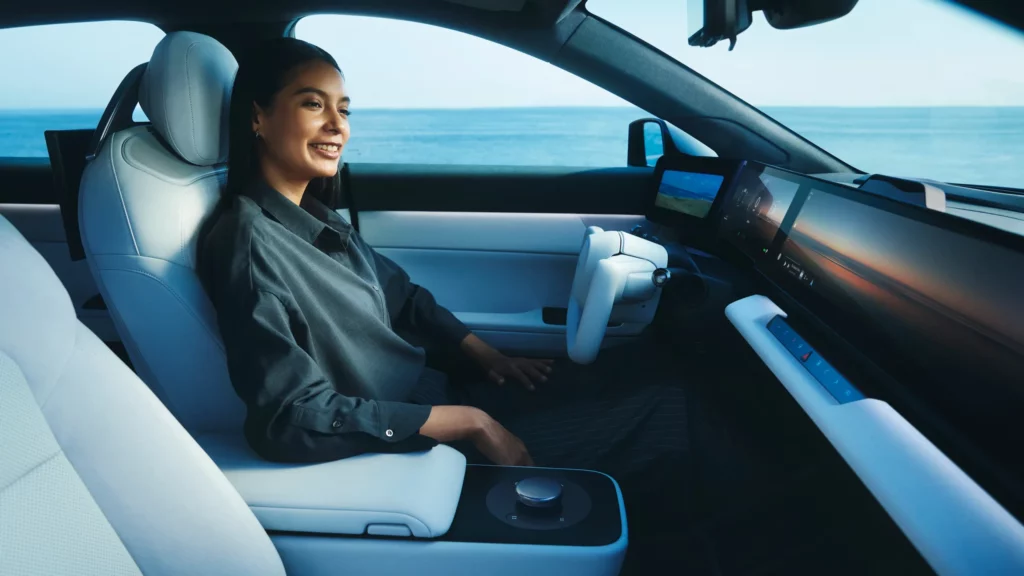
In designing this vehicle, Sony could not have gone so far without Honda. The two companies signed a partnership agreement in 2022 with the creation of Sony Honda Mobility, forming an unprecedented collaboration between the tech and automotive industries, which, given the cross-fertilisation of these two sectors, could inspire other companies to join forces. The launch of pre-production shows that the collaboration is working. The assembly lines are in place, assembly tests are beginning, and the production rate will be gradually increased over the coming months.
An example paving the way for new alliances?
Behind the scenes, this initiative is also sending out a message to the general public: the energy transition is no longer just a matter for traditional car manufacturers. The growing involvement of technology players like Sony is helping to accelerate the integration of electric cars into the public arena. And if other companies of this calibre follow suit, world opinion could move more quickly towards mass adoption, making electric mobility truly universal.
Too much technology?
The fact remains that this rise in technological power is not universally accepted… In barely two decades, the automotive world has moved from a world centred on the driving experience, mechanical sensations and the feel of the chassis to an environment increasingly controlled by technology, where panoramic screens, on-board algorithms and voice assistants now play a central role in the driving experience. Emotion, on the other hand, cannot be downloaded. It remains to be seen whether this energy transition will really lead to the end of the car that moves.

